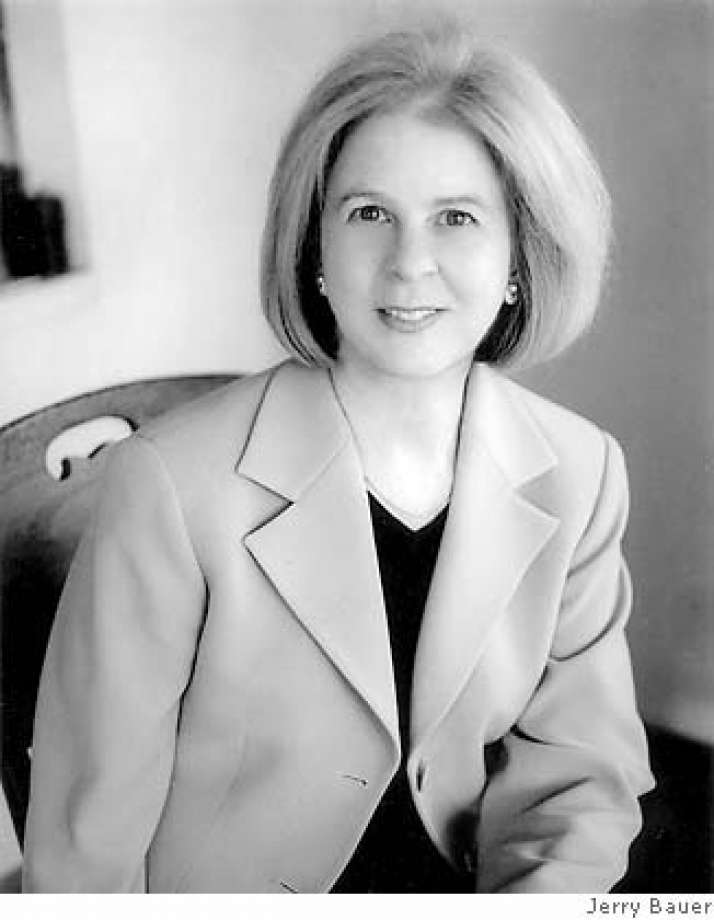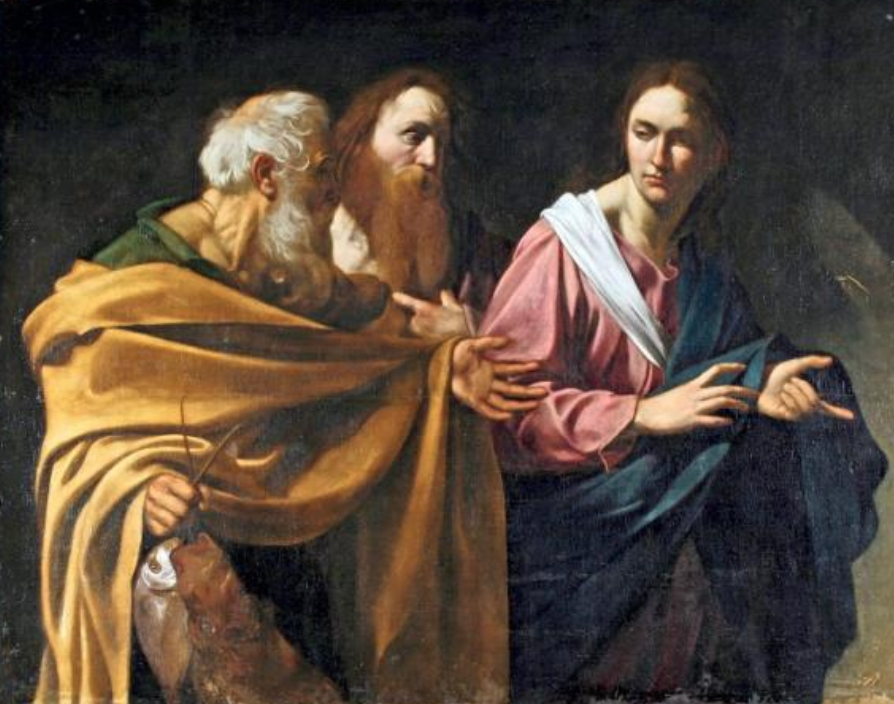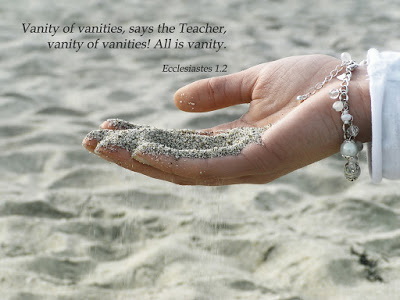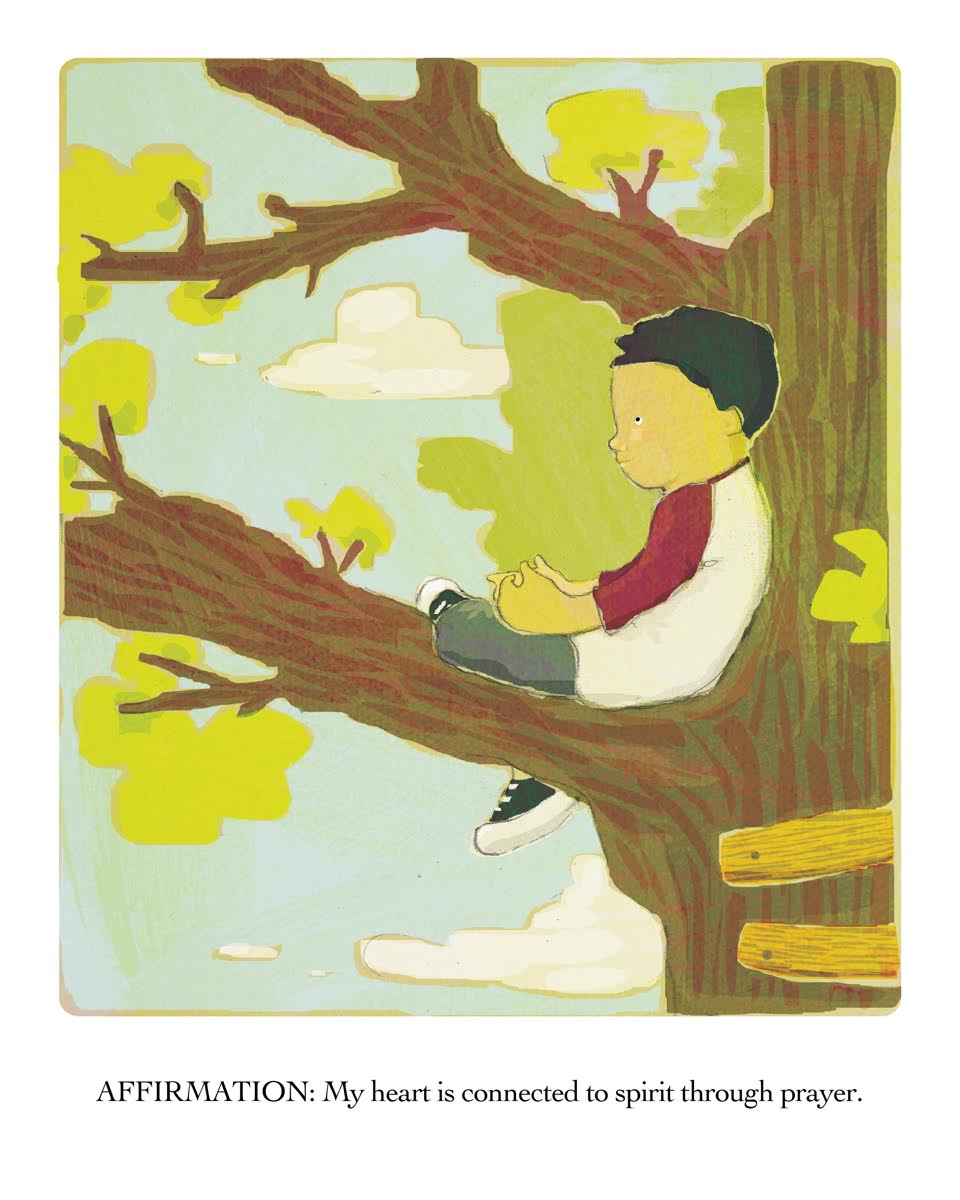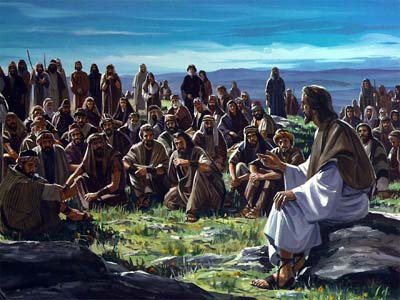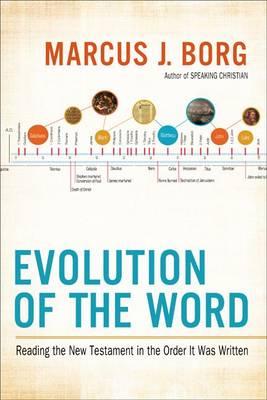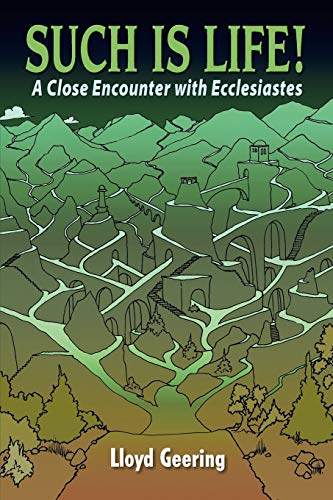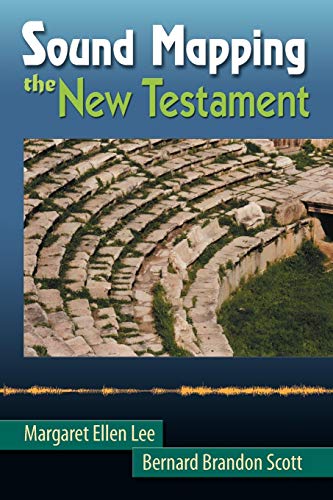I believe the “treasure in heaven” to which Jesus refers is a harvest to be planted and reaped from the dust of earth; with Jesus’ vision of a heaven on earth being the seed to be sown in the field of impermanence.
Wisdom is paying attention while refraining from the assumption that you understand everything about what you are observing. Indeed, in order to pay full attention, we must release our grasp on what we do know, so that we make room in our hearts and minds for further knowledge.
When John accuses "evildoers" of leading gullible people into sin, what troubles him is what troubled the Essenes: whether—or how much—to accommodate pagan culture.
I am sitting here imagining the last supper. It’s 1st century Palestine, in a room with a simple, wooden, rectangle table where Jesus and 12 disciples are seated. There are no chairs, everyone is sitting on the floor. It’s a dirt floor, the room has a low ceiling and a narrow doorway.
It is good for us to be here. Be attentive. The Webster Dictionary defines an ‘aha moment’ as a point in time
In the Gospels, Jesus is continually calling on us to discern between what is eternal and what is not. Jesus calls us to let go and be not afraid. He tells us that there is reason to hope in this, even if--or maybe especially if--we hang onto hope by the skin of our calloused fingertips with our last bit of strength. He tell us that what is lasting is not of this world--it is of the Kingdom. All worldly pursuits, all riches, even the emotional "riches" of pride--maybe especially so--come from dust and return to dust. At best they are meaningless, at worst they are distractions that keep us from finding true meaning.
Nathan Leaves Home
Remembering that God is within us and a part of everything that ever was and ever will be is one of the most important things we can do.
One way we can build an awareness of our inner wisdom, as well as create a spiritual life, is through prayer. God, the Divine Presence, the Spirit of Life and Love — whatever names we use for this Mystery permeating and holding all things in existence — comes to visibility in the human reality we are ... Prayer is the means to deepen awareness that we are intimately connected and bonded with our planet, our universe and all that is in this Presence. It is the means to accept our responsibility for making the Presence of God visible and effective in the human species. Prayer is a way to express our commitment to give the best possible expression we can to this sacred presence. Prayer has to both encourage and challenge us: we pray to be better than we are. Prayer is not about words expressed to an elsewhere God. Prayer is about reflection on life and the interconnectedness of everyone and all things within God’s Presence. Prayer is an affirmation of this presence and of our dignity.
When we are not grateful to the giver of our blessings, we develop insensitivity and an attitude of entitlement. This shuts us out of the divine flow and keeps us distant from grace. In contrast, expressing gratitude opens our hearts and invites more blessings into our lives. Cultivating an attitude of thanksgiving for all we receive is the surest way to awaken awareness to God’s presence in every moment.
From the Celebrating Mystery collection
Buried in every beginning is an ending.
From the Celebrating Mystery collection
Each day can be a life time. Time is the enemy only if we let it control our lives. Time is redeemed by timeless moments.
From the Celebrating Mystery collection
1. Every apparently static order is but a temporary illusion. 2. The illusion of the order and the reality of the chaos.
The church as we know it came about when one group of believers was opposed by a dissenting group. Then it became necessary for each group to define their concepts of Christianity and to label all others heretics.
The Greek word for “faith” in the New Testament is pistis, which occurs 243 times. As a noun, pistis is used as a technical term for “forensic evidence.” In other words, faith is not blind; we must investigate to establish the facts. I agree with retired Episcopal bishop, John Shelby Spong, who writes, “My problem has never been my faith. It has always been the literal way that human beings have chosen to articulate that faith.” To many Christians, faith means believing highly suspect claims, which is a problem for me. Thinking isn’t a sin. God created our minds and I’m certain that we were intended to use them.
P: We have gathered here today to give thanks for and honor Name’s life. You have come because you are family - close family or extended family; or because you are friends – old, long-trusted friends or newer friends; or because you knew Name through other connections in his life. We have gathered to mourn his death and to grieve for our loss.
Written by Rob Stoner, August 2009
I recently conducted the funeral for my father, who died after a long episode of declining health. It was a joy and a privilege to work with my family in preparing this service. But many of our family are not avowedly Christian so I wanted to respect their spiritual traditions as well as be faithful to my own. I also wanted the theology to reflect my own liberal/progressive Christian understanding.
Hebrew Scripture’s View of Life after Death It wasn’t until after the Babylonian Exile that the Pharisees accepted the idea of heaven and
For Christians grace is God’s gift of pardon. According to William Barclay the Greek word for grace was originally a military term. When an emperor came to the throne or celebrated a birthday, he would give his troops a donatirim (donation), which was a free gift that they had not earned; it was given out of the goodness of the emperor’s heart. This idea was picked up by the Christian scripture writers when they wrote about the grace of God. Grace is something that is unearned and undeserved – unmerited pardon.
I think we need some method of communicating with God and prayer is the logical answer. But prayer in which we stop everything we are doing, get down on our knees, fold our hands and pray is not my idea of prayer. I think we should try to communicate with God any time we have a second to think about God or ask God to be with a loved one or friend, or share anything in our life with God. While driving, when watching TV, while on the lake alone, working in the garden, any of those times and many more, we should take a moment to commune (talk, whatever word you want to use) with God. It may be that those moments are more for us than for God, but I like to think that God listens and cares. I admit that I get awfully frustrated when I feel God is not listening because my petitions are not immediately answered in the way that I have requested. I know God’s answer may be “no,” but that is difficult to swallow.
When it comes to the existence of the devil, people normally have one of two reactions: they dismiss the devil and scoff at the idea that there is such an entity, or they exalt the devil, and attribute far more to him (or it) than is deserved. In a recent Gallup poll, 70% of Americans believe in the devil. Half of those surveyed believe that he (this evil force is most often referred to in masculine terms) is a personal force, while the other half believes he is an impersonal force. Let us see what the Bible says about Satan, the devil and the evil one.
The New Testament in the Order the Books Were Written
the full-text of the New Testament—and one of the only Bibles organized in chronological order and including explanatory annotations that give readers a more informed understanding of the Scripture
A Commentary for the Annual Observance of Independence Day, 2013
“We hold these truths to be self-evident, that all men are created equal, that they are endowed by their Creator with certain unalienable Rights, that among these are Life, Liberty, and the pursuit of Happiness." These grand words are etched in the American consciousness, and serve as a preamble of sorts to the Constitution’s subsequent ideal goal of “a more perfect union.” With the recent split Supreme Court decisions over voting rights and marriage equality, along with and passage of an immigration reform bill in the Senate that naysayers declare is DOA in the House of Representatives, it would appear that while progress has been made, we clearly remain a work in progress, as well. As we prepare to celebrate our Independence Day holiday this year the fireworks have been set off a little early with the debate over the intelligence surveillance practices of the so-called Patriot Act by a government that was established of, by and for the people. Call them heroes or traitors, whistleblowers or hack-tivists, there are also a growing number of anti-authoritarian tech geeks who claim to be motivated less by notoriety than a certain principled conscience to which they claim to have pledged a higher allegiance. So, what is the nature of “natural” or “divinely-bestowed” rights? What of human conscience, earthly authority, and more? And – for those of us who might consider ourselves both a red-blooded American and Christian of one sort or other -- what might constitute a “Christian” conscience, based on a Jesus life-ethic? You can find the latest commentary Here.
2) The Hebrew scriptures, or the Old Testament, represent a religious tradition that is independent of the later Christian faith. The Hebrew scriptures aren't about Jesus, although the Christian scriptures include many references to the Hebrew scriptures. To honor the fundamental differences between the two sets of scriptures doubles the spiritual significance of the entire Bible.
Though some twenty three centuries have passed since an anonymous Jewish sage calling himself the Proclaimer (Ecclesiastes) set down his thoughts about life, they are strangely in tune with todays secular age. Its surprising, therefore, that they ever found a place in Holy Scripture. Lloyd Geering has brought Ecclesiastes to life by ingeniously composing imaginative dialogues with the sage, which show that he was a free thinker, a humanist, and an existentialist. In fact, this biblical heretic essentially undermined the rest of the Hebrew Bible by finding no discernible thread of purpose in the universe or in human existence, and by proposing that though Nature operates in ever-repeating cycles, much of human life is determined by sheer chance. The role of the sage, as Ecclesiastes saw it, was not to pass on gems of eternal wisdom, but to goad us into thinking things out for ourselves in our search for meaning in life.
In the Hellenistic world, writings were read aloud, heard and remembered. But modern exegesis assumes a silent text. The disjuncture between ancient...



